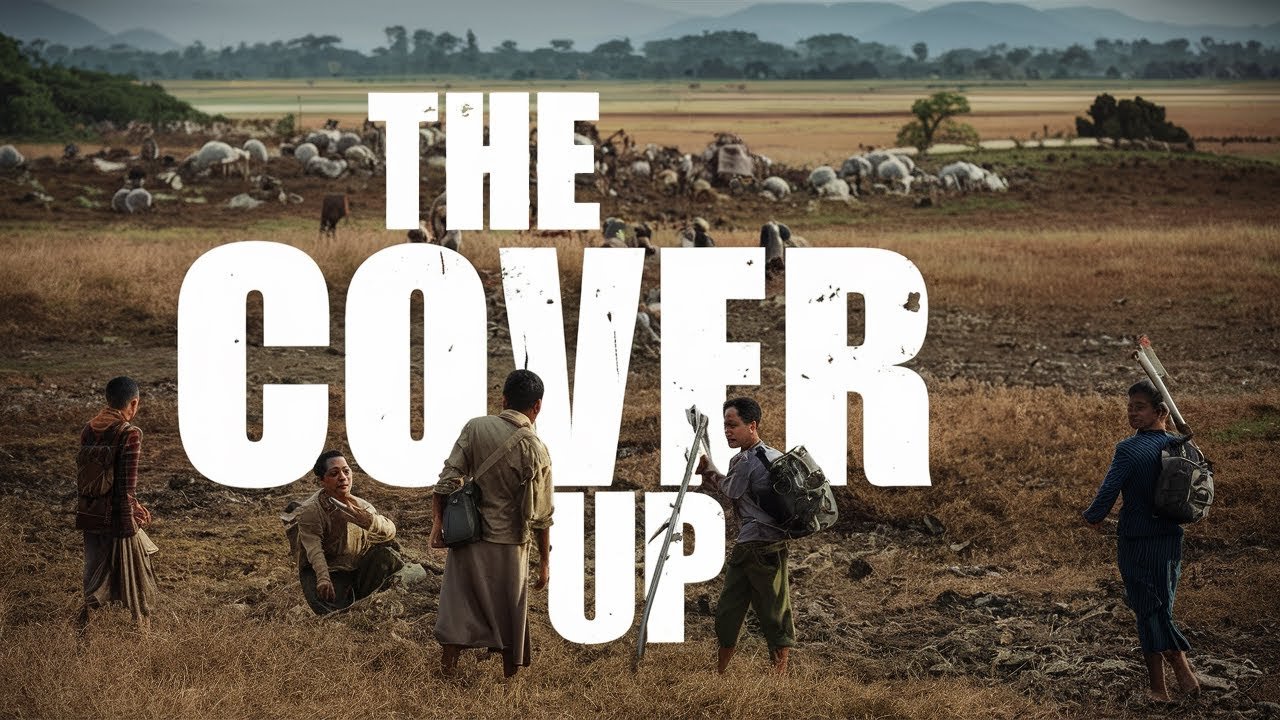Myanmar is currently embroiled in a devastating civil war, deeply rooted in ethnic disputes, religious rivalries, and a long struggle for democracy. The conflict, intensifying since 2021, is characterized by severe military crackdowns, massive refugee crises, and the suppression of dissent. The situation is exacerbated by the country’s complex history, including its colonial past, ethnic diversity, and a series of military coups that have shaped its political landscape. This war not only presents a humanitarian crisis but also poses significant challenges to peace and stability in Southeast Asia.
- The civil war in Myanmar, often referred to as “The Forgotten War,” is marked by ethnic disputes and religious strife, leading to widespread destruction and a significant refugee crisis.
- Myanmar’s complex history, dating back to its time as a British colony and subsequent military coups, has contributed to the current conflict.
- The nation’s diversity, with dozens of ethnic groups, has made rallying behind a central government challenging, especially after the assassination of Aung San, who had brokered peace with ethnic minority leaders.
- Multiple armed rebellions against the central government have occurred, with significant insurgencies led by the Karen National Union and the Communist Party of Burma.
- The military, known as the Tatmadaw, seized power in 1962, leading to decades of dictatorship, economic downturns, and intensified ethnic insurgencies.
- Mass protests in 1988, demanding an end to totalitarian rule, were met with violent military crackdowns, resulting in thousands of deaths and the emergence of Aung San Suu Kyi as a symbol of democracy.
- The 1990 elections, won overwhelmingly by the National League for Democracy, were nullified by the military, leading to continued unrest and the house arrest of Suu Kyi.
- Ethnic and religious tensions, particularly against the Rohingya Muslim minority, escalated into accusations of state-sponsored genocide, with hundreds of thousands fleeing to Bangladesh.
- Despite political reforms and the 2015 election that brought Suu Kyi to a position of power, peace remained elusive, and the military reasserted control in a 2021 coup, sparking the current civil war.
- The ongoing conflict has seen the resurgence of armed ethnic groups, a national unity government opposing the military, and a significant part of the population engaging in or affected by the hostilities.
This summary has been generated by AI.

Leave a Reply